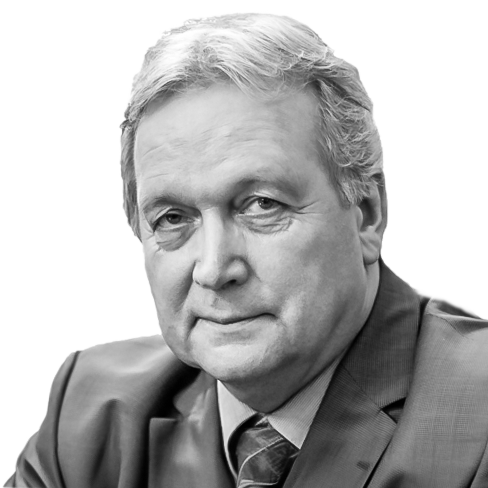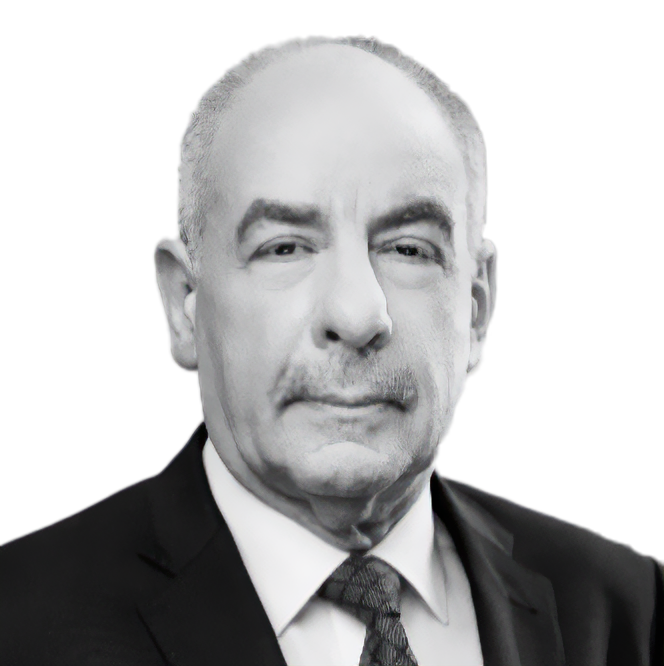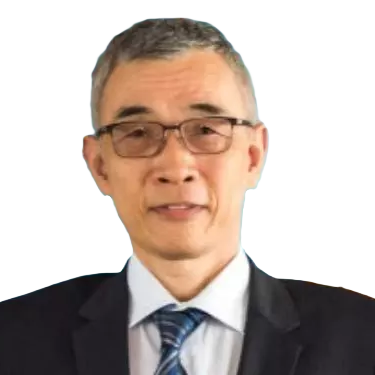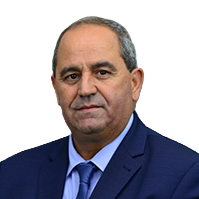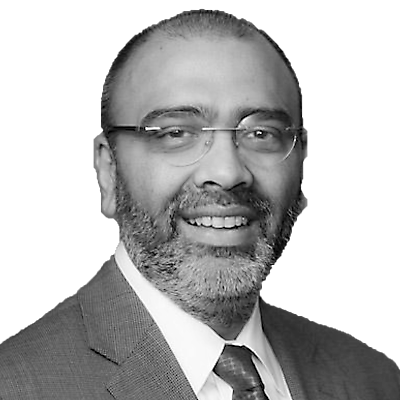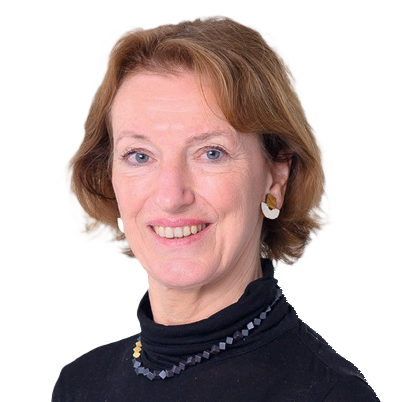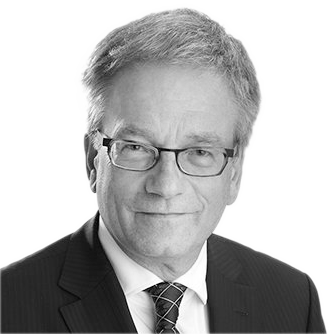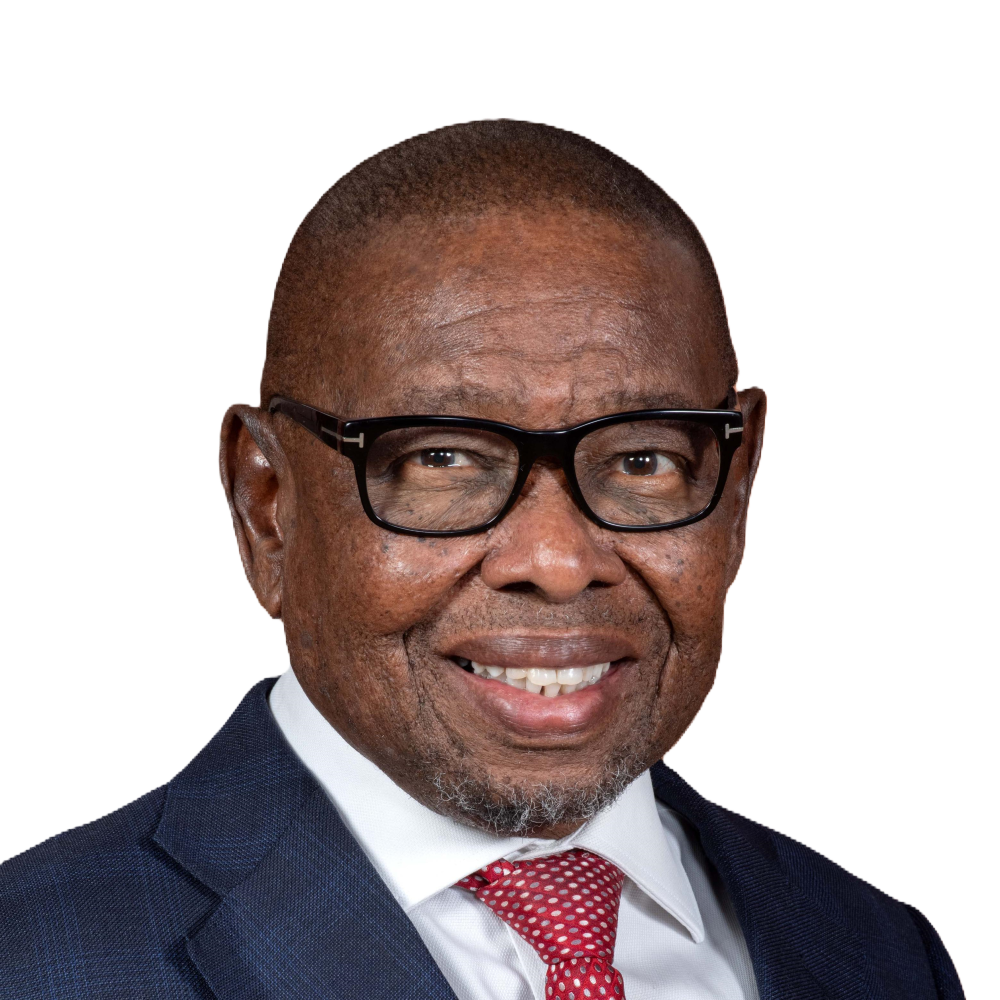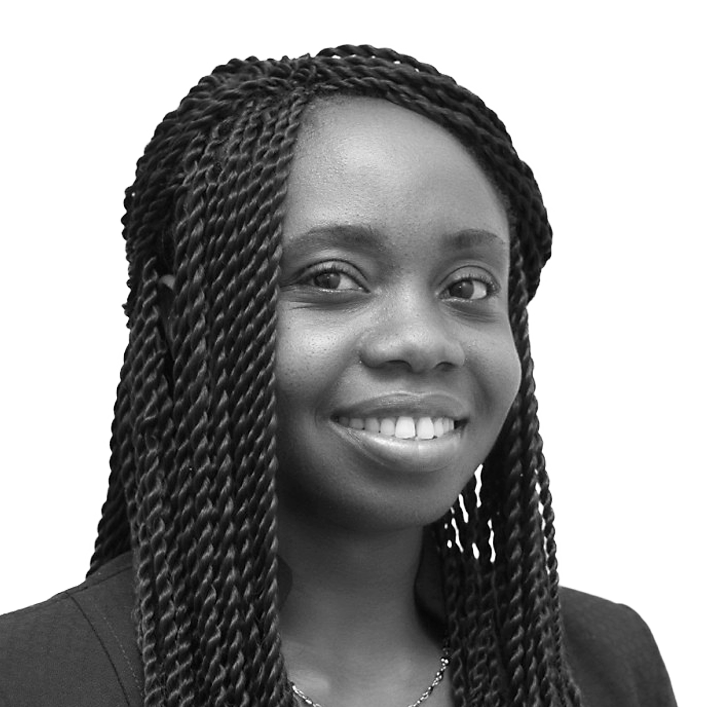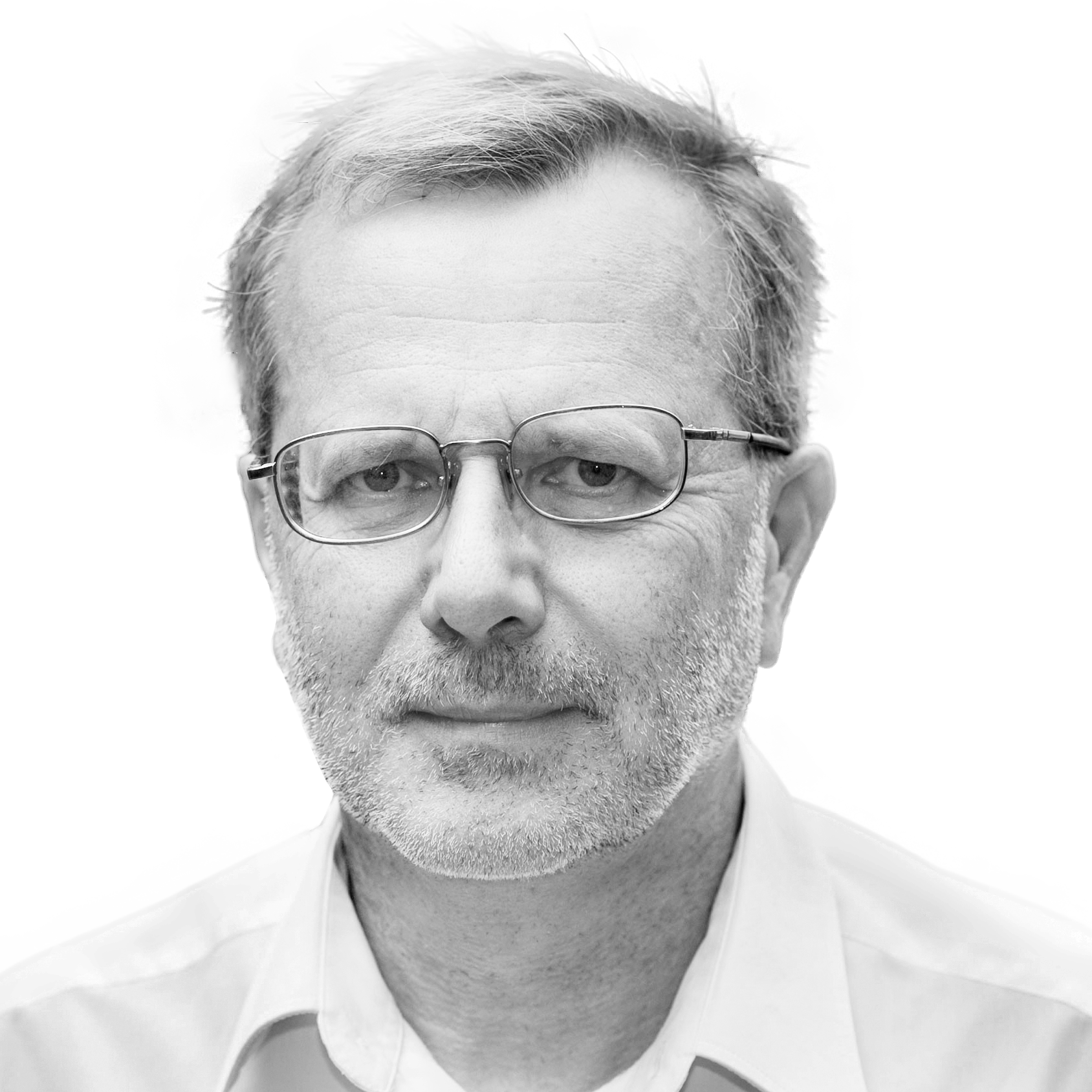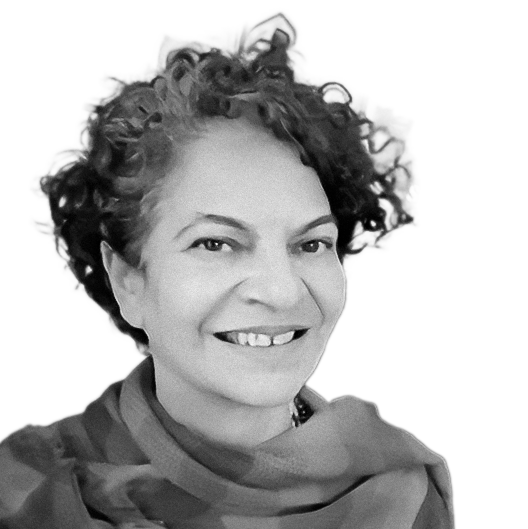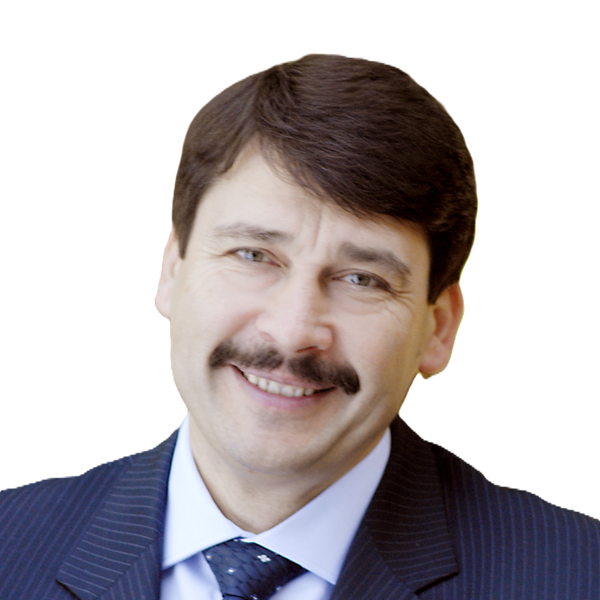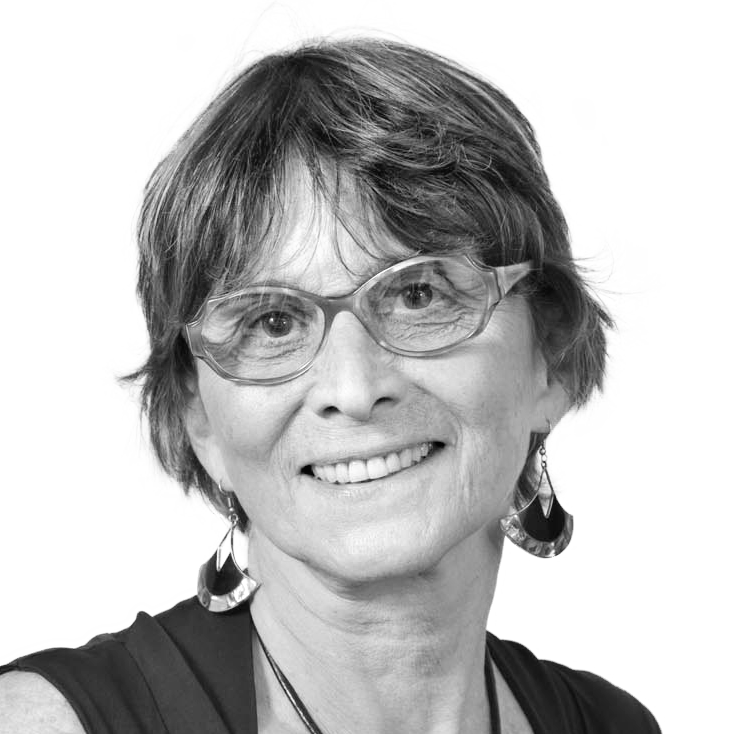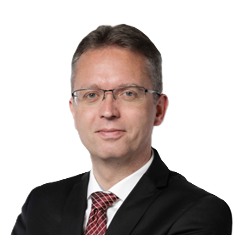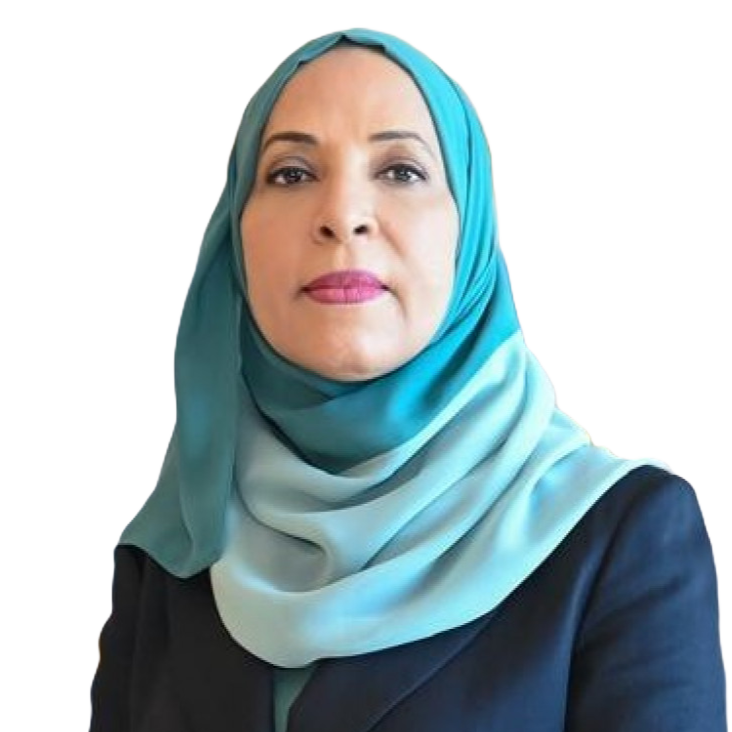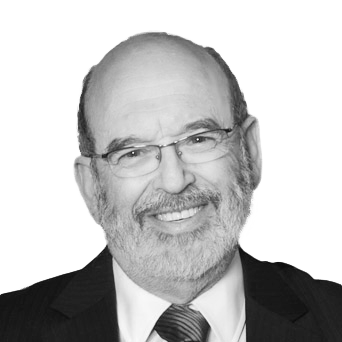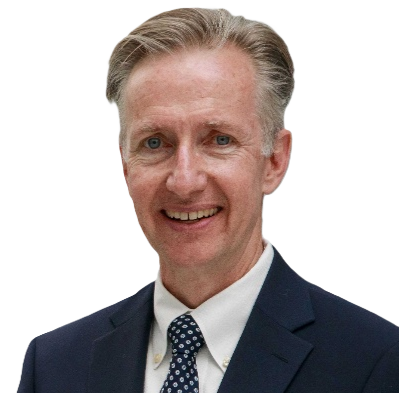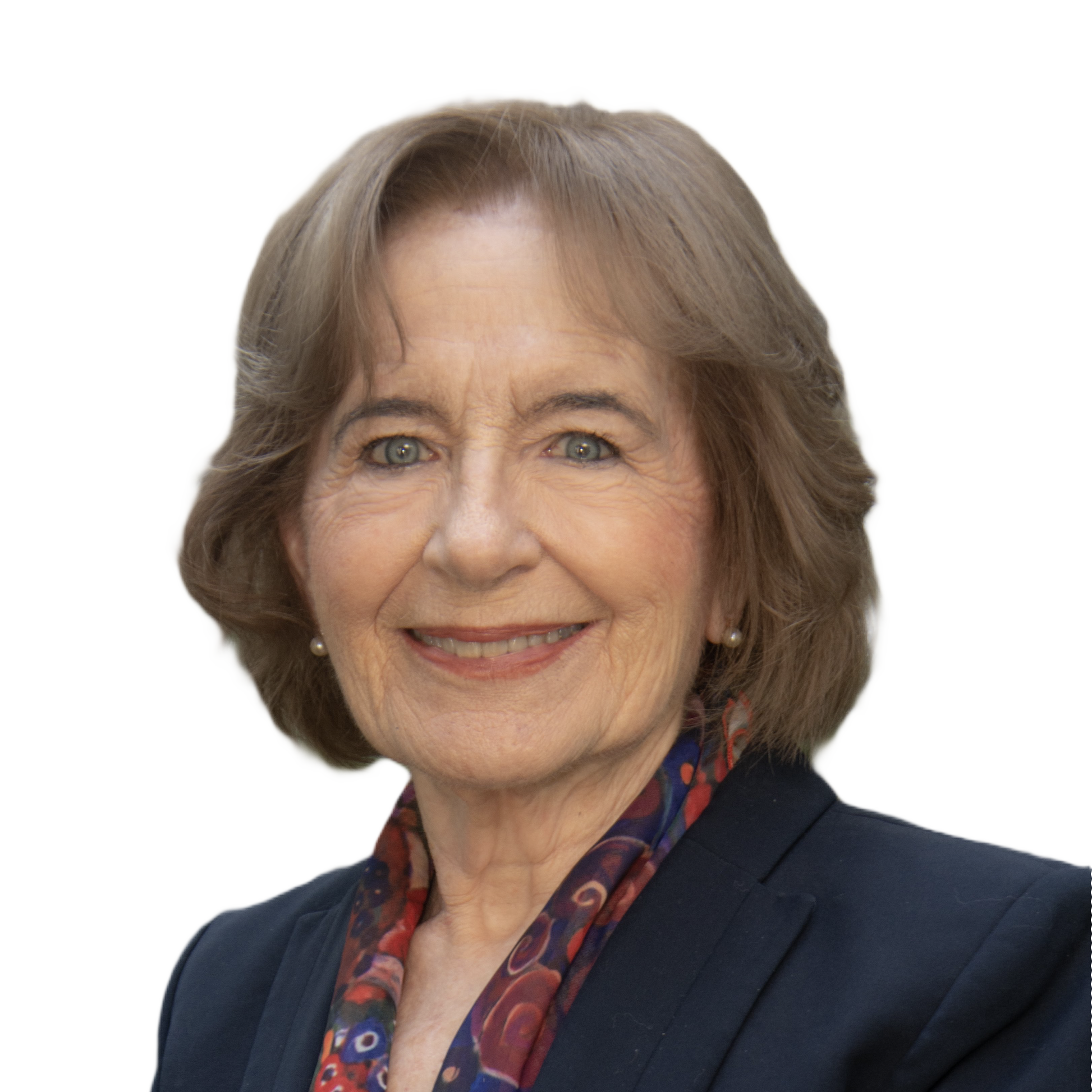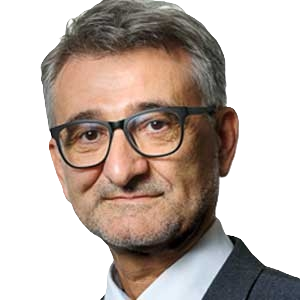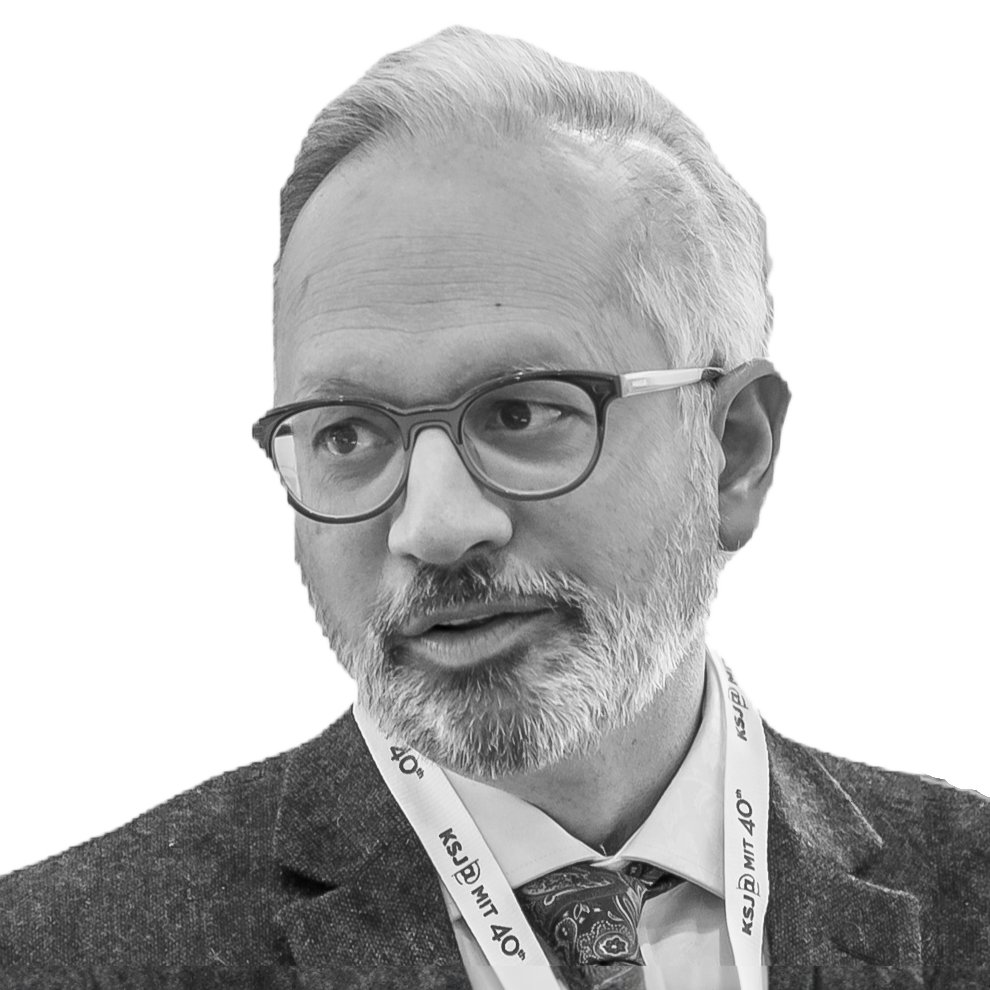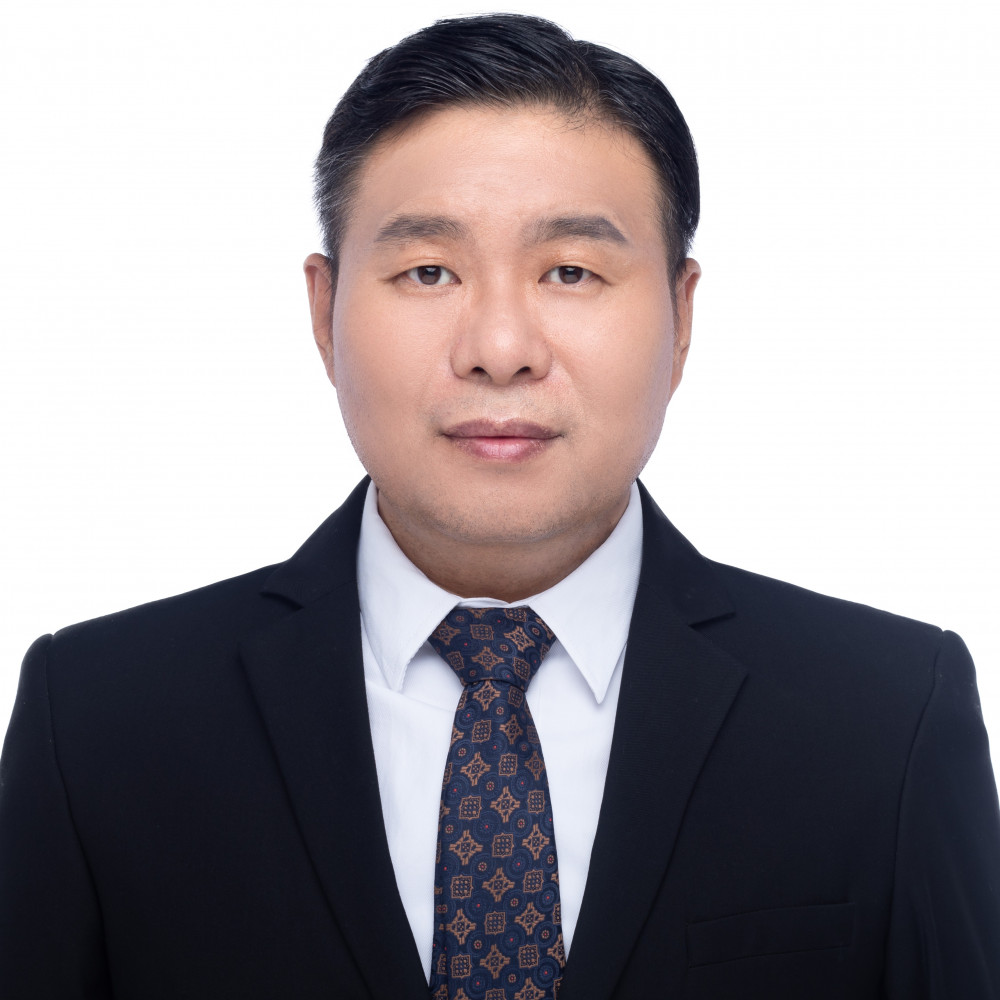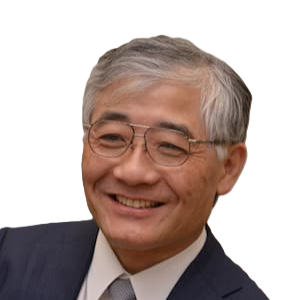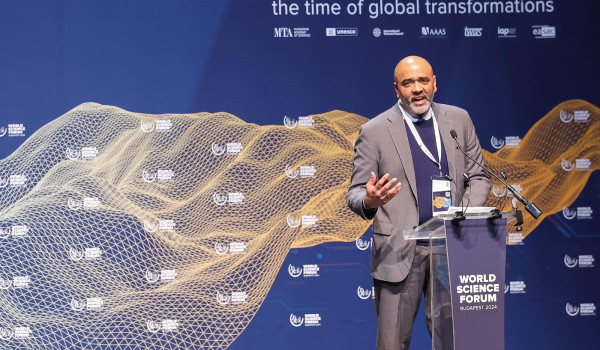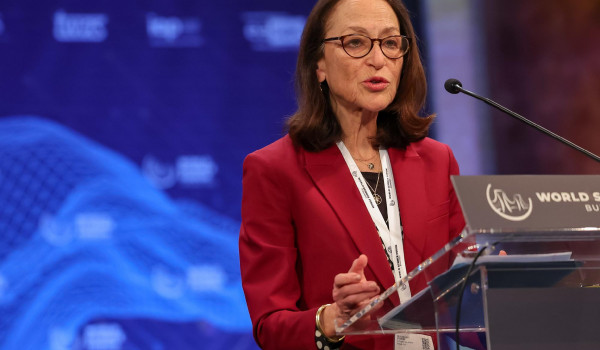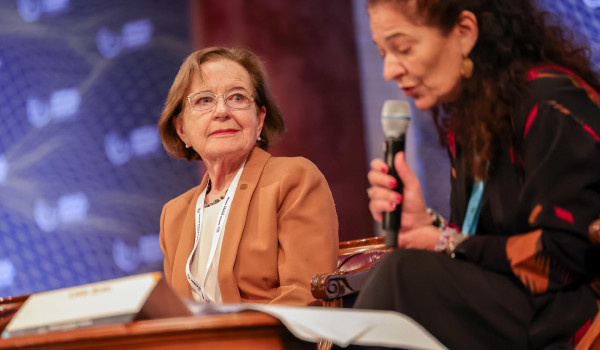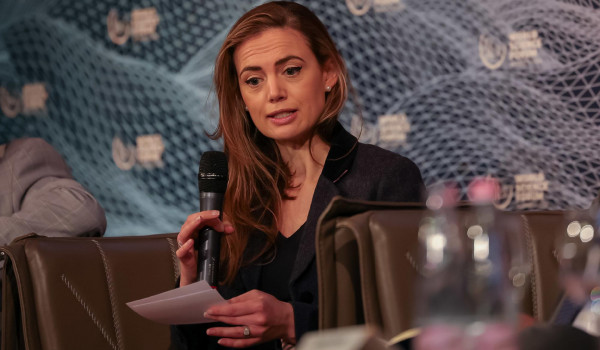A Forum on the social and economic relevance, influence and responsibilities of science
A Forum to find authentic responses to global challenges
News
AI and brain-machine interfaces, the allure of a career in science and social harmony – interview with Dr Yanan Sui
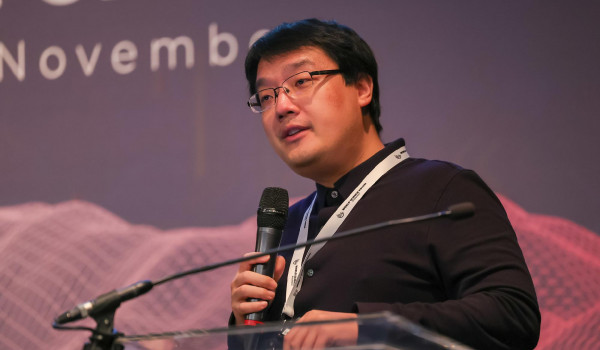
The World Science Forum 2024, held in Budapest, brought together leading scientists and policymakers from around the globe to address pressing challenges facing the scientific community. While one of the central themes emerging from the discussions was the apparent decline in trust in science, this trend, as the conversations revealed, might not be as universal as often portrayed in Western media. This complexity of the global scientific-trust landscape became particularly evident in an…
Fundamental reform is needed in the way scientific knowledge is conceptualised and communicated, argues Dr Tamara Elzein
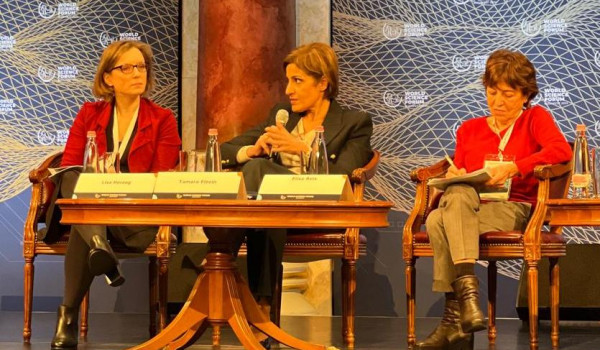
Dr Tamara Elzein delivered a passionate keynote speech that challenged contemporary scientific paradigms at the recent 2024 World Science Forum (WSF) in Budapest, during the first plenary session “Trust in Science – Conceptualising Trust in Science”. The Secretary General of CNRS Lebanon also addressed the complex relationship between scientific advancement, school curricula and societal trust. The WSF sat down with Dr Elzein to elaborate on some of the ideas that came up in her talk.
Wilson Compton, 2015
Deputy Director, National Institute on Drog Abuse
„
Drug addiction science is essential for influencing and guiding legal, social and medical responses to the shifting landscape of drug abuse and drug addiction globally. Because WSF is such a terrific venue for examining the broad impact of science on society,WSF is an ideal opportunity to introduce these addiction concepts and to consider ways to maximize the use of science to improve health and social functioning.
”Anne Glover, 2013
Chief scientific advisor to the president of the European Commission
„For all of us, whoever we are on the planet, our future will be sustainable only if we’re smart. Obviously science engineering and technology offer us real opportunities to think things differently.”
Alan I. Leshner, 2009
Chief Executive Officer, AAAS
„The purpose of science is to tell us about the nature, the natural world, whether you like the answer or not.”
Hanaki Keisuke, 2015
Vice President for International Affairs, Science Council of Japan
„Integrated approach is becoming more and more essential in academia. WSF gives us opportunities for making our eyes open to the other academic area and the society.”
Roland Schenkel, 2007
Director General, Joint Research Center, EU
„Above all, what we see clearly is a change in mentality, in Europe there is again the will for excellence, the strive for excellence, for competition… We know what is required in order to make champions, it is autonomy, flexibility, but also accountability.”
Jacob Palis, 2013
President, Brazilian Academy of Sciences
„Knowledge is essential, when we talk to the government showing evidence, for instance that Brazil became one of the largest producer and exporter of food through science.”
Julia Higgins, 2015
Former Vice President and Foreign Secretary of the Royal Society
„As The UK Academy of Science, the Royal Society is deeply concerned about the education of both future scientists and engineers and about scientifically literate citizens. World Science Forum is an excellent platform to share our ambition to initiate a change.”
Alan I. Leshner, 2009
Chief Executive Officer, AAAS
„The good news is that every survey that’s ever done says that people like science. That always makes me feel good.”
József Pálinkás, 2013
President, Hungarian Academy of Sciences
„Science has an enormous local and global reserve of values and capacities providing societies with the possibilities of long-term sustainability, a balanced life, and a vision of a future we can rely on.”
Romain Murenzi, 2013
Executive Director of The World Academy of Sciences
„As I have come to know other countries, peoples, cultures and customs, I gradually realized that science can be a link among us, and in fact it can strengthen confidence even among countries that are in political disagreement.”
Michelle Yap, 2015
Senior Assistant Director, Singapore Government, Ministry of Home Affairs, S&T Assessment Taskforce, Office of the Chief Science and Technology Officer
„Science is an enabler for all societies to better the lives of its people and frontline operations.”
Elisa Reis
Vice-President, International Science Council
„
Considering that common values, principles, and protocols are basic ingredients that make for a community of ideals and interests, the communitarian nature of science is in itself a precious resource to overcome barriers and mobilize resources to work for a better world.
”Savita Singh, 2007
Director, Gandhi Smriti and Darshan Samiti, India
„Information leads to knowledge, knowledge must lead to wisdom.”
Lee Fook Kay, 2015
Chief Science and Technology Officer, Ministry of Home Affairs, Singapore
„Science enriches the modern lives and has developed many practical solutions for our work. The true value of science is when it is translated into practical solutions in the real world. In today’s modern world, while we are here to discuss and share on the advancement of science, there are still many pockets of societies and organisations whom we can work with to better their (work) lives. Through the WSF, we can seek to achieve this.”
Dzinotyiweyi, Henery 2011
Minister, Ministry of Science, Zimbabwe
„As a solution, I strongly believe that we have to join our forces. The aspect of commercialization of research results is a critical question for all scientists individually or with regard to your institution, particularly, if you are living in a developing country. We need to make those solutions for clean water, for energy available.”
Sergey Alexandrovich Volkov, 2011
astronaut, International Space Station
„Present-day science should always bear in view that the only way to defeat crises is through joint scientific activities and international cooperation.”
Ban Ki-Moon, 2011
Secretary-General, United Nations
„I studied by candlelight or kerosene lamp. We had no indoor plumbing. We did all of our farming by hand. Science helped to change that.”
Mari Kivinemi, 2007
Prime minster of Finland 2010-
„Prioritizing investment in R&D should be a permanent process requiring wide political acceptance.”
József Pálinkás, 2009
President, Hungarian Academy of Sciences
„We have to reaffirm the importance of making substantial effort to educate and inform the general public by communicating science to them.”
Peter W. Higgs, 2013
Nobel Prize Laureate for physics
„Both scientific development and the lay society have to pay special attention to the sustainability of development that brings about the future is truer than ever before”
Helena Bonciani Nader, 2019
Vice-President, Brazilian Academy of Sciences (Biomedical Scientist)
„
This year’s WSF will again be important to global society since it will address important emerging ethical dilemmas in science and technology such as Synthetic Biology and AI.
”József Pálinkás, 2013
President, Hungarian Academy of Sciences
„Under the changing conditions of nature, science is faced by even greater challenges than before. Research should find quick, effective solutions and feasible answers to the problems raised by everyday life”
László Lovász, 2015
President, World Science Forum, Hungarian Academy of Sciences
„World Science Forum would not be possible without the true commitment of our partner organisations who share a common vision of building this biennial series into a meeting point of global impact.”
Irina Bokova, 2013
Director-general of UNESCO
„We do not inherit the Earth from our ancestors; we borrow it from our children.”
Dennis Meadows, 2009
Director, Institute for Policy and Social Science Research at the University of New Hampshire
„This is not a party. This is supposed to be an effort to think how we might be able to save out species.”
János Áder, 2011
President of Hungary
„In order for people to change their attitudes, scientists need to present a model of global sustainable development, which will progress within political and economic discussions, as the best model in all possible ways.”
Koichiro Matsuura, 2007
Director-General, UNESCO
„By bringing together policy makers, scientists, representatives of international organisations, academic institutions, and media, World Science Forum has become a unique platform for exchange and reflection on science and its role in meeting the urgent challenges that humanity is facing.”
László Lovász, 2015
President, World Science Forum, Hungarian Academy of Sciences
„Today, WSF is recognised as an open platform to stimulate conversations about science and society, the role of science and about our shared responsibilities.”
Kjersti Lohne
Researcher - Department of Criminology and Sociology of Law, University of Oslo
„
Science and scientists do not operate in a vacuum – they are not outside the realms of big power politics, nor the subtle power dynamics that characterize us as social beings
”Geoffrey Boulton, 2015
Senior Honorary Professorial Fellow, University of EdinburghFellow of the Royal Society (FRS)
„The new world of “big data presents difficult challenges and great opportunities for science. Rising to the challenge and grasping the opportunity makes great demands on the whole system of national and international science, with profound implications for what it means to be a scientist in a data-rich world.”
Anne Glover, 2013
Chief scientific advisor to the president of the European Commission
„We need a better partnership with politicians and economists to challenge them to be a bit more imaginative about what a sustainable future may look like, because all I know is, it is not the same as where we are now.”
Julia Marton-Lefévre, 2007
Director-General, World Conservation Union (IUCN)
„This has been a remarkably stimulating meeting and I feel a deep sense of appreciation and admiration for the amazing science that is done by all of you.”
John Needle, 2007
Director, London International Youth Science Forum
„The mission of this third World Science Forum here in Hungary is for science to make a significant contribution to the sustainable livelihood and development of humankind.”
Sumaya Bint El Hassan, 2013
Princess of Jordan, President of the Royal Scientific Society, Jordan
„Science must play vital role in ending inequality which is stifling our progress as a human family.”
Mihály Csíkszentmihályi, 2009
Claremont Graduate University
„Now it is science that is promising to make the world better, and make the life of the people better.”
Gudmund Hernes, 2009
President, ISSC
„We have to commit now, and we have to commit here.”
Kati Marton, 2007
Chair, International Women's Health Coalition - Director, Committee to Protect Journalists
„I want to take you on a journey. … A journey that follows the lives of nine extraordinary sons of Budapest who really did change the world.”
Arden L. Bement, 2007
Director, National Science Foundation (NSF), USA
„International cooperation is the new standard model for innovation. The issue is not whether international partnerships are necessary and vital but how we can make partnerships work faster, smarter and better.”
Mathis Wackernagel, 2009
Executive Director, Global Footprint Network
„We know more about the future than we want to know. Why don’t we take an advantage of this knowledge?”
Wayne Drevets
Vice President, Disease Area Leader in Mood Disorders, Janssen Pharmaceuticals of Johnson & Johnson, Janssen Research & Development
„WSF provides a timely platform to advance knowledge about the exciting development of imaging technologies helping us assess brain structure and function noninvasively. New techniques for measuring gene expression in brain tissue are enabling us to map those neural circuits in which function is altered in mood disorders. This really interests me and my team as the knowledge gained is having immediate impacts on the discovery and elucidation of new treatments for major depressive disorder and bipolar disorder. In Budapest this November, we aim to share this excitement.”
Rana Dajani, 2015
Associate Professor, Hashemite University Visiting Professor, Yale Stem Cell Center and University of Cambridge
„Our objective is to develop a generation who can not only solve some of the most fascinating mysteries such as our origins and ends, but also address daunting challenges that we face as a community and as humanity.”
Irina Bokova, 2013
Director-general of UNESCO
„We need more connected science – science that is linked to policy-making, that responds to the needs and aspirations of societies”
Julia Marton-Lefévre, 2007
Director-General, World Conservation Union (IUCN)
„An immense gratitude for the outstanding hospitality of Hungary in the organisation of these important dialogues which have brought together so many key players from so many different sectors.”
Gordon McBean, 2011
President of the International Council of Science
„The universalization of scientific knowledge will only occur when access, use and production are made by all and for all. This edition of the WSF contributes for that to happen.”
Gordon McBean, 2015
President of the International Council of Science
„The bringing together the global scientific community to address issues and led to a sustainable future earth is a key role of the International Council for Science. The World Science Forum is an excellent opportunity to assist in building global science by connecting scientists in dialogue.”
Alan I. Leshner, 2007
Chief Executive Officer, AAAS
„For individual people to prosper anywhere in our world, they need to have access to the fruits of science, they need to have a fundamental understanding of the nature of science, and a comfort with scientific progress.”
Daya Reddy, 2019
President, International Science Council (ISC)
„
The right to scientific freedom is accompanied by responsibilities: for example, to ensure that scientific knowledge is made accessible to broader society, and to advocate on the underpinnings of consensus views that inform policymakers and society.
”Jos van der Meer, 2015
Chairman, European Academies Science Advisory Council (EASAC)
„Scientists are in the position to show the world that collaboration is the way forward.”
Sylvie Lemmet, 2007
Director, UNEP Division of Technology, Industry and Economics
„Economic growth in our modern times can simply no longer be achieved with actual consumption and production patterns, and in order to take on this enormous challenge, we need to mobilise all knowledge of the world.”
Sergey Alexandrovich Volkov, 2011
astronaut, International Space Station
„In the 21st century, [which is] marked by numerous challenges, science remains the only power capable of turning our world into a coherent place ruled by principles of solidarity and democracy.”
Gordon McBean, 2013
President of the International Council of Science
„(…) the universalization of scientific knowledge will only occur when access, use and production are made by all and for all. This edition of the WSF contributes for that to happen, not only because of its theme, but also due to how the theme was actually created.”
Ichiro Kanazawa, 2007
President, Science Council of Japan
„The advancement of science and technology has brought prosperity and quality of life to humankind, but its benefits are not equally shared, and it raises important ethical, safety and environmental issues.”
Arden L. Bement, 2007
Director, National Science Foundation (NSF), USA
„We share commitment to promote world class research and education in our respective nations around the globe. And I suspect we have several philosophies about how to accomplish our task. Nevertheless, collectively we face a changing research landscape that is at once exciting, as well as uncertain.”
Peter W. Higgs, 2013
Nobel Prize Laureate for physics
„It was fascinating to see the diversity of topics that the Forum dwelt on, and what excellent minds were participating at conferencing.”
Tracey Elliott, 2013
Head of the International Science Policy Centre of the Royal Society
„Congratulations on delivering a stimulating WSF 2013 this week. (…) I look forward to continuing our discussions on WSF 2015.”
Günter Ziegler, 2015
Professor, Freie Universität Berlin, Department of Mathematics and Computer Science
„We are caught in a Science Communication Dilemma: Sciences such as Mathematics are playing a central role in modern Science, Technology, and Society — but this is largely hidden. However, Science is too complicated to explain — so how should the layman be able to deal with this? The WSF is a great forum to discuss this!”
Alan I. Leshner, 2013
Chief Executive Officer, AAAS
„AAAS support for and participation in the WSF is part of broader effort by AAAS to continue to reinforce the importance of thinking of science as a global entity.”
Alan I. Leshner, 2011
Chief Executive Officer, AAAS
„“Given that every issue of modern life has a science and technology component to it, either as a cause or as a cure, it’s incredibly important that the general public has a fundamental comfort and a fundamental understanding of what is and isn’t science and what areas of science might be important for their lives.”
Thierry Courvoisier, 2019
President, European Academies' Science Advisory Council (EASAC)
„
Policies that are informed and reasoned are essential for the future of the continent and the planet. Developing these policies requires independent and solid knowledge to be made available by the science community to society. This is the essence of my involvement with academies and the WSF.
”László Lovász, 2015
President, World Science Forum, Hungarian Academy of Sciences
„Science enables us to confront hunger and disease, to tackle our ever-growing demand for energy and provides an improved quality of life for more and more people. We should be proud of these achievements.”
Irina Bokova, 2011
Director-general of UNESCO
„Science should serve societies of the 21th century. A general aim is to ensure the freedom of opinion, the rights to education, access to participation in research. Science is a key factor in development also today.”
Dennis Meadows, 2009
Director, Institute for Policy and Social Science Research at the University of New Hampshire
„With social, cultural, economic changes, combined with technology, you can produce more attractive futures.”
Dino Trescher, 2013
Euroscientist Magazine
„One of the key goals of the WSF is to ensure that evidence-based knowledge feeds into policies applied on a global, regional and local level to foster transitions to more sustainable societies”
Alan I. Leshner, 2009
Chief Executive Officer, AAAS
„It’s our obligation, the people in this room, who represent the leadership of the world scientific community as we’re here for the World Science Forum, to take up what needs to be done as we move into the future decade.”
Clive Cookson
Science Editor, Financial Times
„The WSF is a wonderful venue to discuss the societal and economic impact of science on a truly global basis. The stellar speakers in our plenary will look at the all-important path from research to innovations that make a difference in the real world - with eyes focused particularly on environmental and business sustainability.”
Catherine Bréchignac, 2009
President, International Council for Science (ICSU)
„There’s no science without technology. Science is more the knowledge and technology is the know-how.”
France A. Córdova
Director, National Science Foundation
„
A commitment to the responsible and ethical conduct of research is more than a philosophical goal. It is the roadmap to more inclusive science. A framework to support it ensures the inclusion and support of the community’s best talent and provides a pathway for their production of rigorous research that is trustworthy and ethical.
”Katalin Bogyay, 2013
President of the 36th general conference of UNESCO
„It already is a great message that you have to work together if you want to create something substantial for humanity.”
John Burn, 2015
Professor, Newcastle University, Human Variome Project
„Genomics combined with global access to information via personal devices promises a transformation of healthcare. The World Science Forum contributes to knowledge dissemination, helps ensure public endorsement and explores solutions to challenges which might deny us access to the fruits of this scientific revolution.”
Chunli Bai, 2011
President of the Chinese Academy of Sciences
„Over the years, the Forum's special dedication and commitment to link science with social development have helped it to grow into stronger global strategic impact. This forum is a platform that attracts scientists, administrators and policy makers to engage in dialogue and exchange ideas.”
Walter Erdelen, 2009
Assistant Director-General for Natural Sciences, UNESCO
„The 1999 Budapest World Conference on Science was a landmark in policy terms: setting a global policy framework to advance science worldwide.”
Mihály Csíkszentmihályi, 2009
Claremont Graduate University
„Science has the responsibility to become the ethical beader in helping human evolution in future, because nobody else is really that qualified or able to do that.”
Irina Bokova, 2013
Director-general of UNESCO
„Humanity shares a single destiny – we must act with single determination to craft the future we want for all”
Anne Glover, 2013
Chief scientific advisor to the president of the European Commission
„Science is the most creative thing you can do with your life. (…) Science is absolutely central to our culture.”
Alan I. Leshner, 2007
Chief Executive Officer, AAAS
„For nations, to prosper, they need to have indigenous scientific capacity that is sufficient to allow them to participate fully not only in the generation of science but in ripping the benefits of it.”










